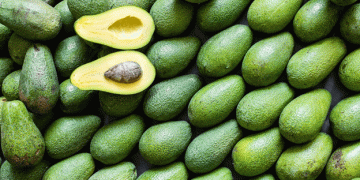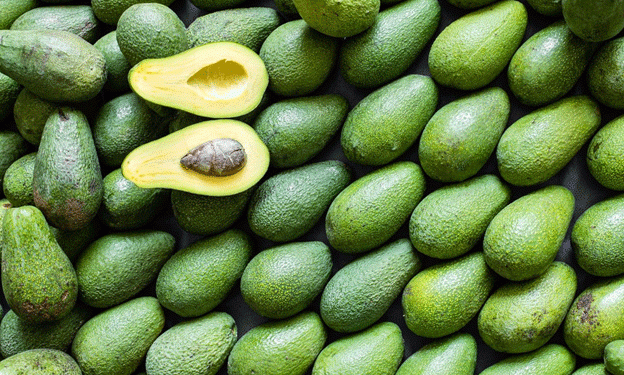The global avocado market is experiencing a significant shift, and Morocco is at the heart of it. In the 2023/24 season, Morocco exported a record 56,700 tonnes of avocados, generating $179 million USD in export value. This represents a 25% increase compared to the previous season, according to EastFruit.com. With peak export months (January and February) still in play, this record may be surpassed by the end of the season.
A Fast-Growing Contender in the Avocado Trade
Just a few years ago, Morocco was seen as an emerging supplier. Today, it’s one of the top exporters, benefiting from:
- A Mediterranean climate ideal for avocado cultivation,
- Improved post-harvest infrastructure,
- Strategic geographic positioning close to Europe.
The country has managed to position itself as a competitive alternative to traditional suppliers like Mexico, Peru, and Chile, especially during periods when those regions face supply gaps.
According to Tridge and FAOSTAT, global demand for avocados continues to rise, driven by consumer interest in healthy fats and plant-based diets. In Europe alone, avocado imports have grown by over 30% in the past five years, with countries like France, the Netherlands, and Spain leading the demand.
Market Diversification: A Strategic Move
Morocco’s success lies not only in volume but also in its market diversification strategy. Spain, France, and the Netherlands currently absorb over 80% of Moroccan avocado exports. However, new markets are growing quickly:
- Exports to Switzerland in the first half of the 2023/24 season exceeded the total from last year by 1.5 times.
- Exports to Belgium grew sixfold, and to Portugal by 11 times.
- Shipments resumed to Canada and Turkey after a two-year break.
- Small volumes reached Malaysia, Oman, Poland, Ukraine, and Greece.
In total, 25 countries received Moroccan avocados between July and December 2024 — a significant jump from the 19 countries in the previous season.
This growing reach suggests that Morocco is not only increasing output but also building resilience and flexibility in its trade networks.
Opportunities and Challenges Ahead
For agricultural producers and stakeholders, Morocco’s growth offers valuable lessons:
- Climate-smart agriculture and investment in logistics are key enablers of export success.
- Market intelligence and proactive diversification reduce risks associated with overdependence on a few buyers.
- Strategic timing of harvests helps Morocco take advantage of supply windows when global competition is lower.
However, challenges remain. Water scarcity, climate variability, and competition from other producers are critical issues Moroccan farmers and exporters must navigate to sustain growth.
Morocco’s avocado export boom is a testament to the power of strategic planning, innovation, and market agility in agriculture. As global demand for avocados continues to climb, Morocco’s success story provides a blueprint for other emerging agricultural nations aiming to make their mark in international markets.































